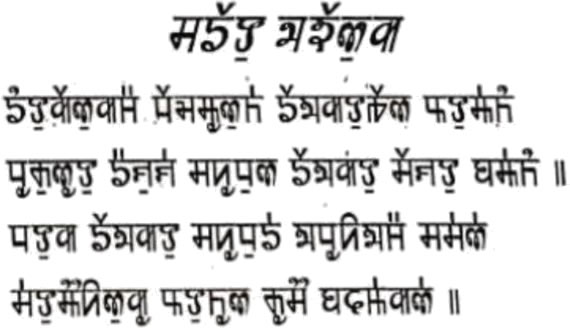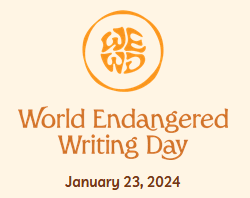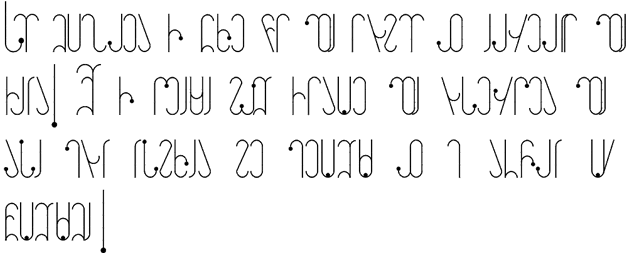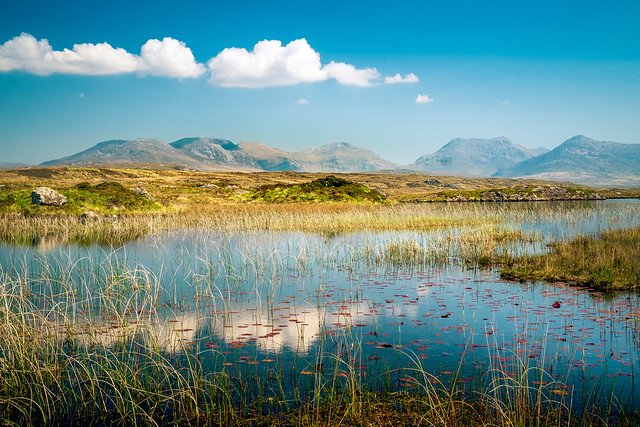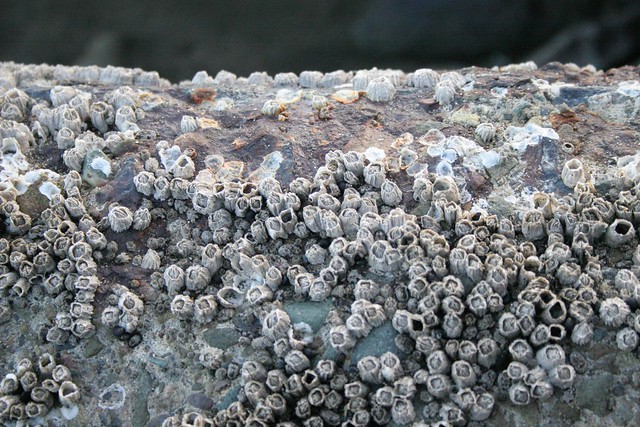Podcast: Play in new window | Download
In this episode we discover Celtic roots of the name Paris.
Paris is the capital of France and the centre of the Île-de-France or Paris Region. From about 250 BC, the area, particularly the Île de la Cité (see above), an island on the River Seine, was home to the Parisioi, part of the Gaulish Senones tribe.
After the Romans conquered the area in 52 BC, they set up a town on the Left Bank of the Seine which they called Lutetia Parisiorum (“Lutetia of the Parīsiī”). This later became Parisius, and eventually Paris [source].
The Gaulish name of the tribe, Parisioi, which was Latinized as Parīsiī, possibly comes from the Gaulish word *parios (cauldron), from Proto-Celtic *kʷaryos (cauldron) from the PIE *kʷer- (to do, make, build) [source].
Related words in the modern Celtic languages include:
- coire [ˈkɛɾʲə] = large pot, cauldron, boiler in Irish
- coire [kɔrʲə] = kettle, corrie, cauldron in Scottish Gaelic
- coirrey = cauldron, boiler, maelstrom in Manx
- pair [ˈpai̯r] = cauldron, large pot, boiler in Welsh
- per [ˈpeːr] = cauldron in Breton
Words from the same Proto-Celtic roots, via Gaulish and Latin, include paiolo (copper cooking pot, cauldron) in Italian, perol (cauldron) in Catalan, perol (cauldron) in Spanish, and pairòl [pai̯ˈɾɔl] (kettle) in Occitan (Languedocien) [source].
Words from the same PIE root include Britain, Brittany and karma in English, cruth [kɾˠʊ(h)] (shape, appearance, state) in Irish, pryd [prɨːd] (sight, appearance, aspect) in Welsh, and काम [kɑːm] (work, task, job, function) in Hindi [source].
Britain and Brittany come from Middle English Britayne/Breteyn (Britain, Brittany), from Anglo-Norman Bretai(g)ne (Britain, Brittany), from Latin Brit(t)ānnia ([Great] Britain, [Roman province of] Britannia), from Βρεττανία (Brettaníā – Brittania, Great Britain), ultimately from Proto-Brythonic *Pritanī (Briton(s)), from Proto-Celtic *Kʷritanī/*Kʷritenī, from the PIE *kʷer- (to do, make, build) [source].
So the name Paris has Celtic roots. How about Lutetia? That comes from Gaulish *lutos (swamp), from Proto-Celtic *lutā (dirt, mud), from PIE *lew- (dirt, mud), which is also the root of lutulent (pertaining to mud, muddy) in English, and lodo (mud, muck, mire) in Spanish [source].
More about words for Cauldrons and Kettles and related things in Celtic languages.
You can find more connections between Celtic languages on the Celtiadur blog. I also write about words, etymology and other language-related topics on the Omniglot Blog.
Radio Omniglot podcasts are brought to you in association with Blubrry Podcast Hosting, a great place to host your podcasts. Get your first month free with the promo code omniglot.



